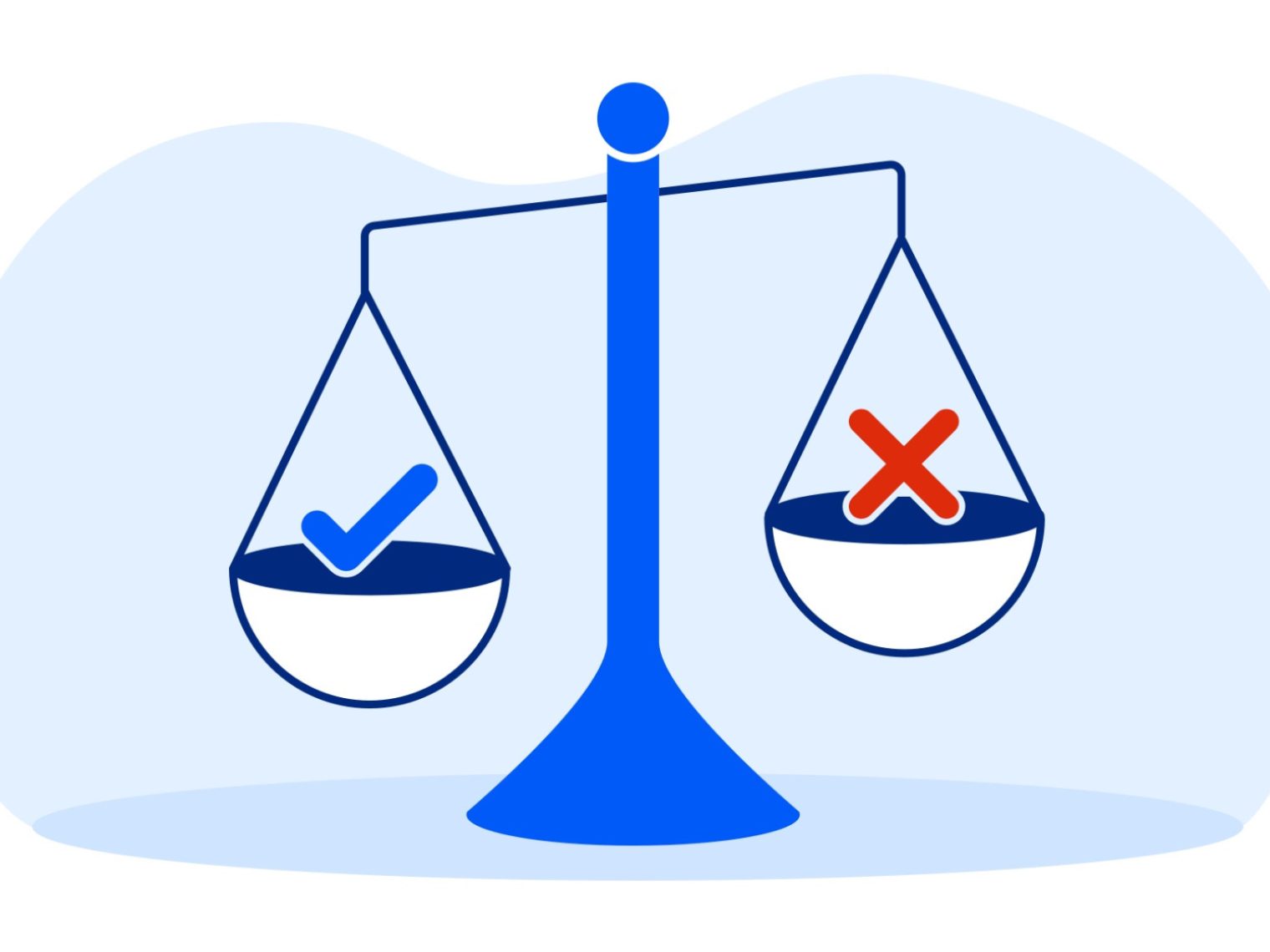Credit reports are often littered with errors. A survey conducted in 2012 by the Federal Trade Commission (FTC) found that one in five consumers had an error on at least one of the three credit reports they requested. The survey, which looked at 2,968 credit reports from 1,001 consumers also found that:
- One in four (25%) consumers identified errors on their credit reports that might affect credit scores;
- Twenty-one percent (21%) of consumers had verified errors in credit reports;
- Thirteen percent (13%) of the reviewed credit reports had errors that affected credit scores;
- Five percent (5%) had errors serious enough to be denied credit;
- Of the 572 credit reports that were disputed, 399 reports had a modification made and 211 had a score change.
This is why it’s so important to check your report regularly. You can access your credit report for free once every 12 months at Annual Credit Report.com, a service provided by the country's three major credit reporting agencies.
Scour your credit reports line by line. Look for any credit cards, installment loans or anything else that shouldn’t be there. If you’re 30 years old and there’s a 17-year-old credit card account on your profile, it’s probably safe to say it isn’t yours. It’s not uncommon to find a foreign account on your report, especially if you have a common name.
That can spell serious trouble for your credit score if someone else’s account is delinquent, littered with late payments or swollen with a huge balance.
Dispute Errors
When viewing your credit report online, you can easily dispute incorrect items by following the directions on screen. You can also dispute inaccuracies in writing. The FTC has an excellent sample dispute letter.
Either way, make sure to dispute an incorrect item with every credit agency reporting it and not just to one. Each is legally required to alert the others if an investigation determines that there’s something wrong on your credit report, but it’s always a good idea to hit all three.
In some cases, it’s better to take your dispute directly to the source instead of the reporting bureaus. Fixing mistakes and clearing up inaccuracies with the original creditor can prove equally effective, if not more so. They can easily contact the credit monitoring agencies and update them with more accurate information.
You should also be prepared to back up your claims with documentation. Disputing items online is a simple, click-happy process. But if you’re disputing late payments or other major inaccuracies, you’re probably going to need canceled checks, bank statements or other verifiable documents that support your contention.
It’s not just a matter of submit and forget.
The agencies usually have 30 days to investigate your disputes. They will respond via the same channel you sent your request, either email or regular mail. In most cases, it takes another 45 days for the updated information and newly calculated credit score to hit your report.
Lean on a Loan Officer
Clearing your report of inaccuracies and errors can make a huge difference in your credit score. It takes nothing but time and a little patience.
We also recommend that military buyers lean on their loan officers when the time comes to dispute credit report inaccuracies. The credit agencies actually service the lending industry, which means loan officers can usually get things done a lot faster and with considerably less headache. It’s a competitive space, and credit companies that respond quickly and work seamlessly with loan officers tend to get their contracts renewed.
If for some reason you’re not satisfied with the results of the investigation, you have the right to ask the credit agencies to include in your report a statement addressing the dispute. You can also ask the agencies to give that statement to anyone who got a copy of your credit report in the few months prior. But the hard truth is that these statements of explanation don’t mean much to mortgage lenders. They’re looking at the bottom line, which in this case is your score.
Related Posts
-
 VA Renovation Loans for Home ImprovementVA rehab and renovation loans are the VA's answer to an aging housing market in the United States. Here we dive into this unique loan type and the potential downsides accompanying them.
VA Renovation Loans for Home ImprovementVA rehab and renovation loans are the VA's answer to an aging housing market in the United States. Here we dive into this unique loan type and the potential downsides accompanying them. -
 Pros and Cons of VA LoansAs with any mortgage option, VA loans have pros and cons that you should be aware of before making a final decision. So let's take a closer look.
Pros and Cons of VA LoansAs with any mortgage option, VA loans have pros and cons that you should be aware of before making a final decision. So let's take a closer look.
